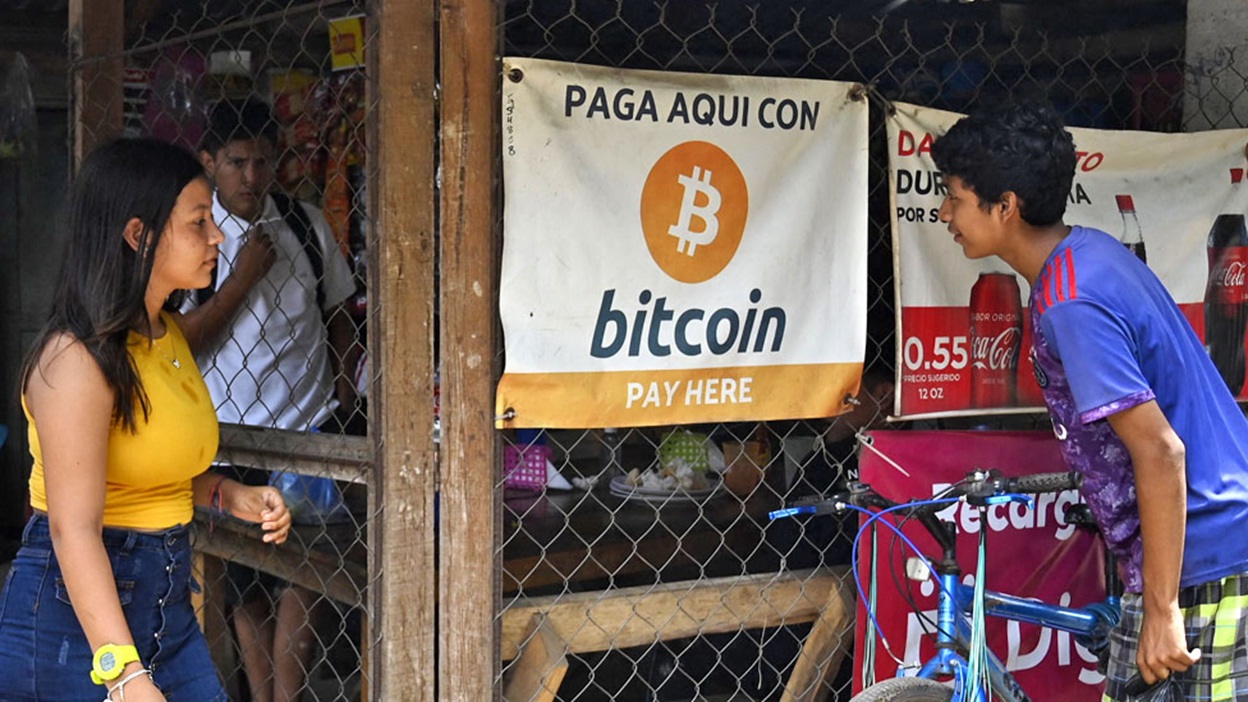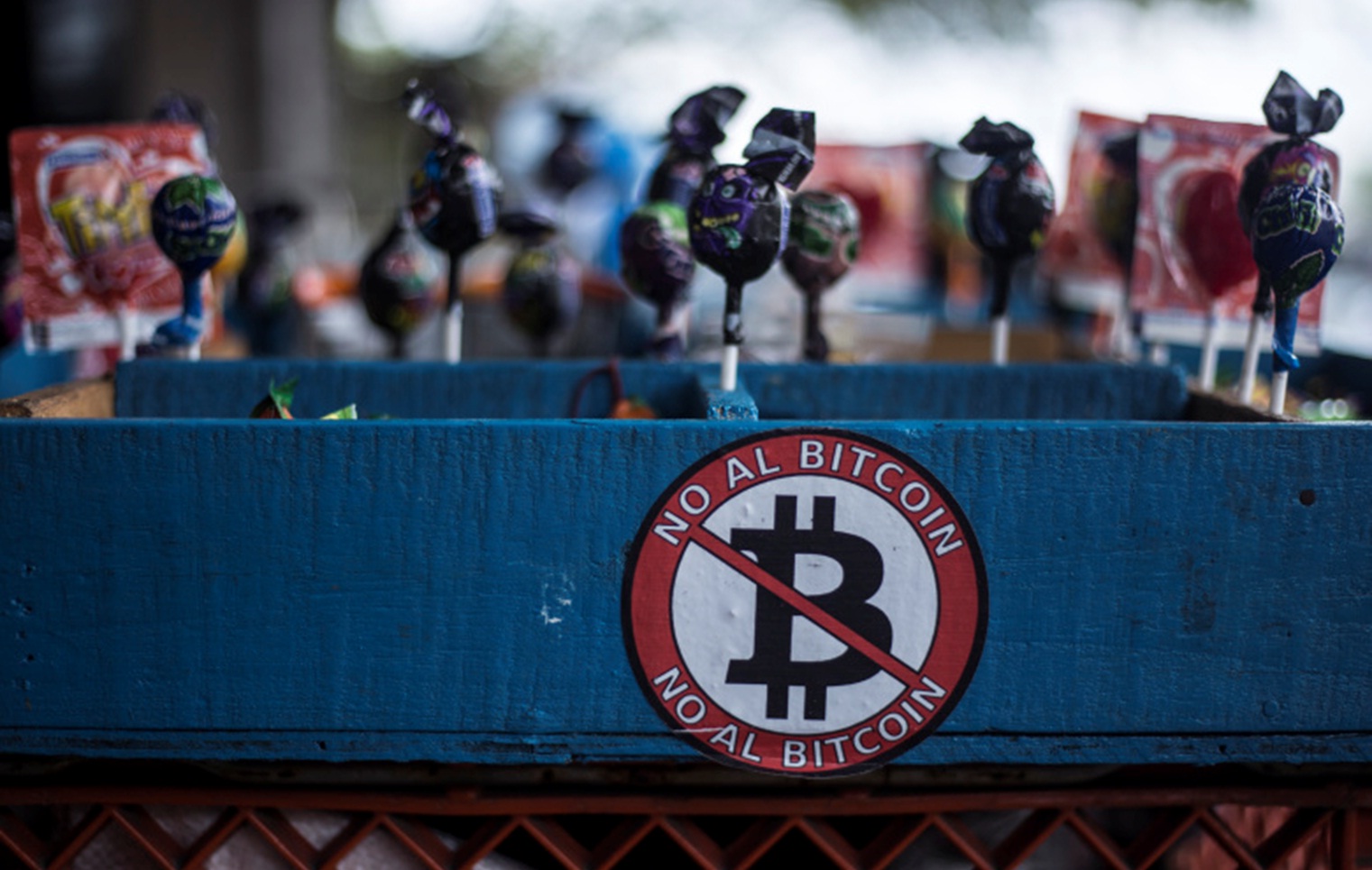
Yuri Mazur, Head of Data Analysis Department, CEX.IO Broker:
El Salvador became the first state in the world to officially recognize bitcoin as a legal means of payment.President Nayib Bukele tweeted three minutes before the law came into force: "In three minutes we will go down in history."However, the question remains, will the adoption of bitcoin in El Salvador have further prospects?
Analogue of the national currency
Bitcoin looks quite logical in the realities of El Salvadoreconomy in the country for a long timethere is no own national currency. The American dollar is recognized as the official means of payment, which imposes certain difficulties in relation to the issue, and also made the state financial system dependent on the United States. Bitcoin, being essentially an international cryptocurrency, could theoretically become an analogue of the national currency.
Moreover, a significant portion of the country's GDP comes from cross-border remittances, as emigrated residents sendBitcoin could both attract new investments at the expense ofcrypto tourism, as well as diversify the financial infrastructure, making it more mobile.Nevertheless, it is possible that with the introduction of cryptocurrency, El Salvador made a false start, since in addition to the will of the state, support is also needed in society, which, judging by population surveys, El Salvador does not yet have.
El Salvador's Society Turned Out To Be Unprepared For Bitcoin
Despite the fact that Bitcoin is the most well-known cryptocurrency, the attitude of society towards it remains very ambiguous.It is unlikely that an ordinary person in his daily life and when making payments in a store thinks about the ideas of free currency, decentralized payments and blockchain.The main parameters for the adoption of a new means of payment are reliability and stability.As surveys of the population in El Salvador have shown, society is not yet ready for bitcoin, 70% of Salvadorans spoke out against the legalization of cryptocurrency in the country.
The main reasons for this reaction were the lack of confidence of the majority of respondents (43%) in the prospects of the economy after the innovations, as well as distrust of cryptocurrency in general (20%).On the wave of such sentiments, protests swept across the country at the end of August, and the opposition even called the law recognizing the first digital currency unconstitutional.Moreover, the initiative has not yet caused a wide response from local payment services, which is a strong signal of the untimely introduction of bitcoin and cryptocurrenciesin the country.

Reaction of the world community
The reaction of global regulators was no differentpositive. Thus, the World Bank announced that it would not help El Salvador in the development of Bitcoin infrastructure, and the IMF saw risks in cashing out Bitcoin payments. The exception was the Central American Bank for Economic Integration, which supported the initiative of the El Salvador authorities. It is noteworthy that not everyone in the crypto community reacted positively to the idea of introducing Bitcoin in the state.
The main message of skeptics is thatThe centralized introduction of Bitcoin into the country's financial infrastructure and its imposition on society as an official means of payment contradicts the very creed of cryptocurrencies – free digital assets. By the way, immediately after the news about the legalization of Bitcoin in El Salvador, the crypto markets first grew, and then came under significant pressure. On September 7, BTC quotes dropped below the level of $50,000 and at the moment, according to the CEX.IO exchange, dropped to a value of $43,072. Perhaps this is also a signal about the untimely entry of digital gold into public finances, but this is unlikely.
What about in Russia?
In Russia, officials pointed tounwillingness to accept Bitcoin. Press secretary of the head of state Dmitry Peskov said that equating cryptocurrency with monetary instruments does not mean anything for the financial and economic system. Thus, Russia is increasingly drifting toward the PRC's model of behavior. Most likely, the Central Bank of the Russian Federation will clear the cryptocurrency market as much as possible for the release of its own CBDC – digital ruble. It is unlikely that the Russian authorities will delay the launch of the project, and the main task is to ensure that the digital asset market is as clear and transparent as possible for the state.
However, the regulator is creating infrastructurefor CBDC and actually conducts educational work with the population, reducing the risk of public rejection of the new form of money. At the same time, we admit that after the introduction of the digital ruble, it is quite likely that Russia will turn towards the development of the crypto industry.





